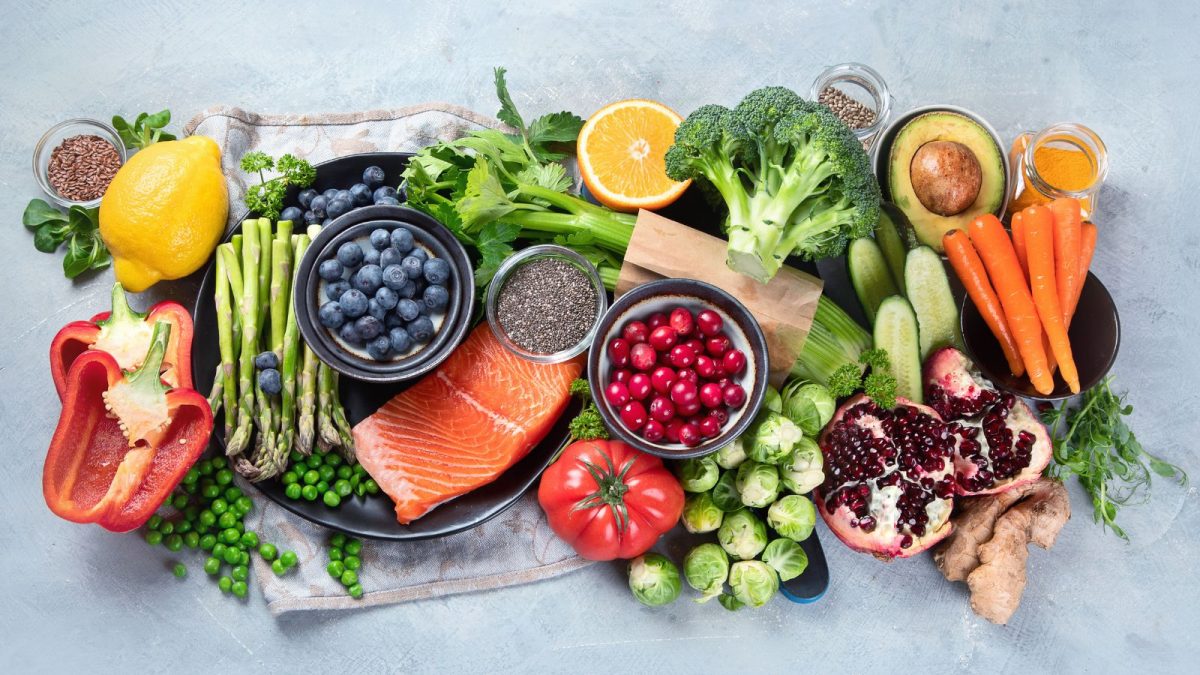Last Updated:
As we mark National Nutrition Week, it’s clear that in 2025, nutrition is not about trends. It is about understanding the needs of our cells and how food works biochemically.

Nutrition in 2025 focuses on cellular health.
The way we eat is evolving. No longer just about cutting calories or tracking macros, nutrition in 2025 is about understanding how food fuels the body at a cellular level. It’s about metabolic health, longevity, gut-brain-skin connections, and nutrients that communicate with our genes.
“We’re finally beginning to understand that the way we eat has less to do with dieting and more to do with how our cells function,” says Shradha Sounil Khanna, AVP Nutrition, Wellbeing Nutrition.
Recommended Stories
Eat for Your Mitochondria, Not Just Your Muscles
“The mitochondria, the powerhouses of the cell, are now the stars of nutrition science,” explains Khanna. Foods rich in omega-3 fatty acids, amino acids, polyphenols from berries, olives, and green tea, as well as botanical extracts like matcha and berberine, enhance mitochondrial efficiency. The result? Cleaner, sustainable energy, fewer blood sugar spikes, and even healthier ageing.
“Think less post-lunch fatigue, no brain fog, and reversing cognitive decline,” she adds.
Fibre: Beyond Digestion
Gut health continues to dominate headlines, but the conversation has shifted. “It’s not just about more fibre,” says Khanna, “but about the optimal balance of soluble and insoluble fibres to generate short-chain fatty acids that energise colon cells and reduce systemic inflammation.”
A daily mix of legumes, millets, fruits, and whole grains helps regulate blood sugar, cholesterol, and weight, while also supporting immune health.
Protein Timing Matters
“Protein isn’t just about quantity anymore,” Khanna notes. “The timing and type of protein, paired with compounds like leucine or Velositol, can double muscle protein synthesis.”
Collagen peptides aid tissue repair, while creatine, once seen as a muscle-only supplement, now shows benefits for cognition and recovery. Personalisation is key: “It’s not just how much protein you eat, but when, what kind, and with what,” she emphasises.
Micronutrients Take Centre Stage
Micronutrients are emerging as the unsung heroes of health. “Magnesium doesn’t just relax muscles; it activates over 300 enzymatic reactions, affecting everything from glucose regulation to mood stability,” says Khanna. Iron, zinc, and vitamin D are equally crucial; missing them is like running the latest software on an outdated device.
Cyclical Nutrition: Sync With Your Body
Static diets are giving way to cyclical nutrition. “Fasting, re-feeding, or rotating nutrients can turn on autophagy, the cell’s cleaning process, and prevent metabolic plateaus,” explains Khanna. Timing these cycles with the body’s circadian rhythm optimises cellular function and overall well-being.
Personalised Nutrition Is the Future
Celebrity dietitian Simrat Kathuria adds, “One diet works for none. Personalised nutrition, based on gut microbiome and genetics, is far more effective than one-size-fits-all plans.” She notes the rising importance of protein-fibre synergy to stabilise blood sugar, improve satisfaction, and aid weight control. Sustainability is also central: choosing local, minimally processed foods is not just healthy, it’s responsible.
Ria Pawar, Coaching Specialist at Elevate Now, sums it up: “Nutrition in 2025 is about the basics done right – complete proteins and fibre-rich whole foods. True longevity comes from personalisation and timely interventions to help your body function at peak performance.”
Correct eating in 2025 is precision nutrition: it’s not a trend, it’s cellular self-care. The focus has shifted from chasing quick fixes to supporting long-term metabolic, cognitive, and immune health. In short, eating right now means eating smart, sustainable, and in tune with your body.
Delhi, India, India
September 04, 2025, 17:05 IST
Loading comments…
Go to Source
Author: News18



